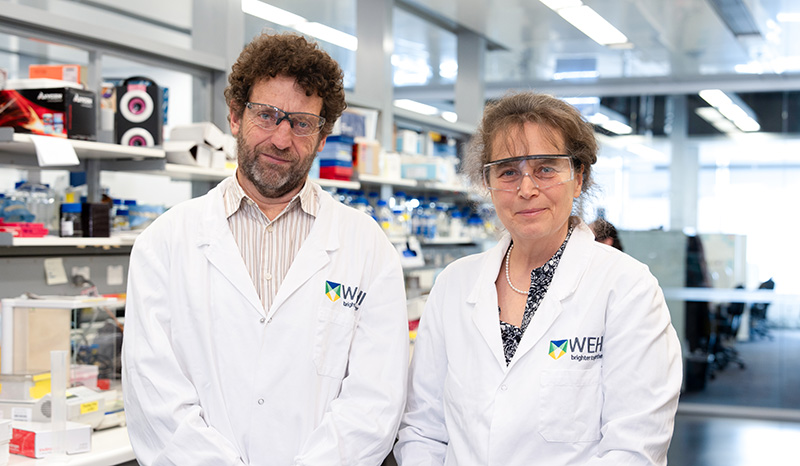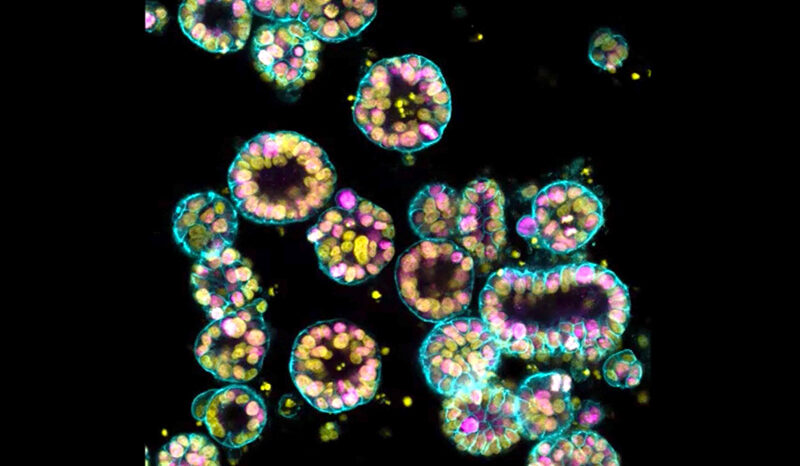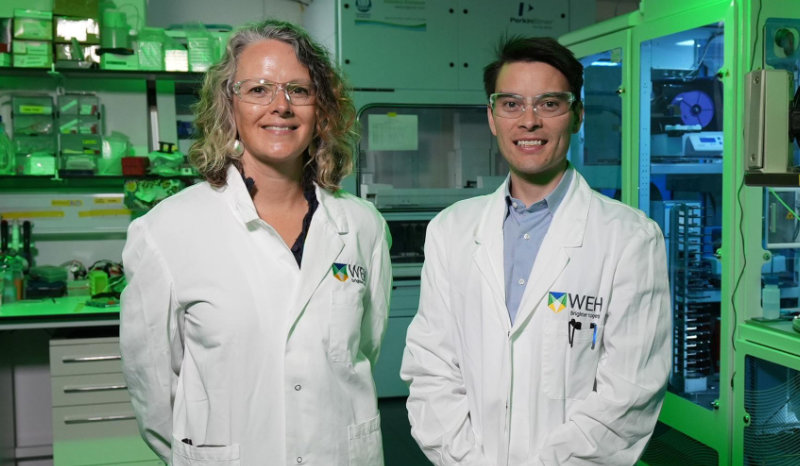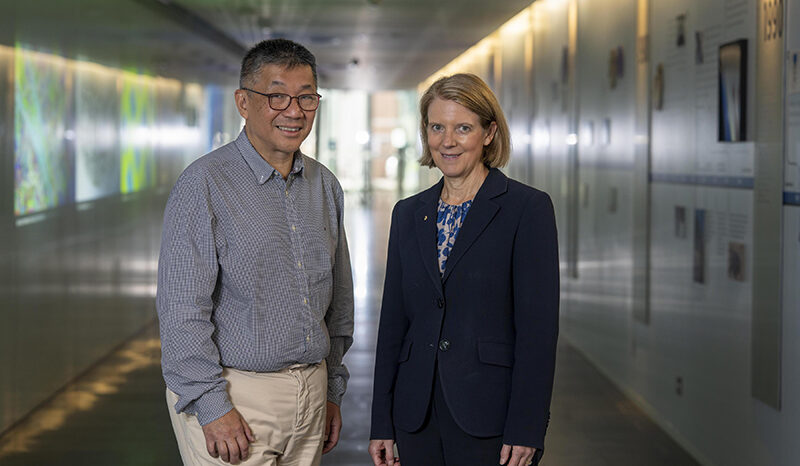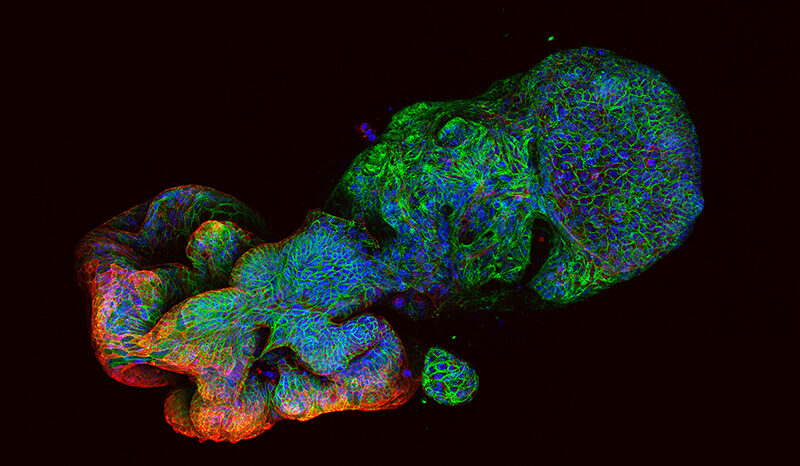Revolutionary cancer treatment
Uncontrolled growth of cancer cells significantly affects a patient’s chances of recovering from the disease.
Chemotherapy and radiation are two common treatments used to destroy or stop the growth of cancer cells, to prevent tumours from spreading.
But these treatments can also affect healthy cells and damage the cells’ DNA, leading to debilitating side effects, including hair loss, fatigue and nausea.
Assoc Prof Thomas and Prof Voss, with collaborators, developed a new class of anti-cancer drugs that can arrest tumour growth and spread, without damaging the cells’ DNA.
Prof Voss, Head of WEHI’s Epigenetics and Development Division, said the new class of drugs were an exciting advancement for cancer patients around the world.
“The best anti-cancer treatments currently available to patients can still impact their quality of life,” she said.
“This new class of drug compounds stop cancer cells from dividing and proliferating by switching off their ability to continue the cell cycle – essentially putting the cancer cells to sleep.
“As cancer is a disease of excessive cell proliferation, this stops the cancer cells in their track, preventing them from spreading.
“Crucially, in arresting tumour growth, the new compounds do not damage the cells’ DNA. This is a critical difference between this new class of compounds and standard cancer therapies, which work by causing irreversible DNA damage, resulting in damage to healthy cells.”
The research, spanning over a decade, involves a collaboration with the Monash Institute of Pharmaceutical Sciences (MIPS) and the Cancer Therapeutics CRC (CTx).


